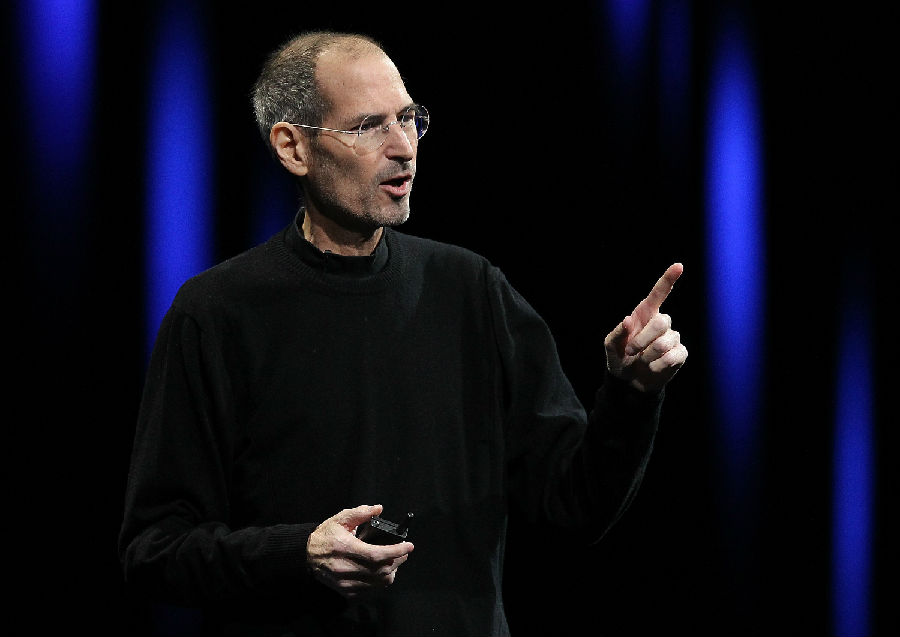期权
Among Jobs's quirks was his attitude toward money.
乔布斯的怪癖之一便是对于金钱的态度。
When he returned to Apple in 1997, he portrayed himself as a person working for $1 a year,
1997年重回苹果时,他把自己描述为这样一种人:可以为1美元的年薪工作,
doing it for the benefit of the company rather than himself.
为的是公司的利益,而非个人利益。
Nevertheless he embraced the idea of option megagrants -- granting huge bundles of options to buy Apple stock at a preset price
但是,他却对授予大量以一个既定价格购买苹果股票的权利推崇备至,
that were not subject to the usual good compensation practices of board committee reviews and performance criteria.
这是一种不受惯常的董事会审查和业绩考核约束的巨额期权激励政策。

When he dropped the "interim" in his title and officially became CEO,
当他于2000年初甩掉了头衔中的“临时”二字,正式成为了CEO,
he was offered (in addition to the airplane) a megagrant by Ed Woolard and the board at the beginning of 2000;
他从埃德·伍拉德和董事会那里得到了一大笔期权(还有那架飞机)。
defying the image he cultivated of not being interested in money,
有悖于他一直以来所表现出那种不贪财的形象,
he had stunned Woolard by asking for even more options than the board had proposed.
他索要的期权数量甚至比董事会最初的提议还要多,令伍拉德大跌眼镜。
But soon after he got them, it turned out that it was for naught.
不过就在他将这些期权收入囊中后没多久,这一切都变得毫无意义。
Apple stock cratered in September 2000
苹果股价于2000年9月一泻千里,
due to disappointing sales of the Cube plus the bursting of the Internet bubble -- which made the options worthless.
这受累于Cube令人失望的销量,加之互联网泡沫的破裂,这些使得期权变得一钱不值。



